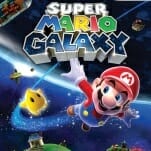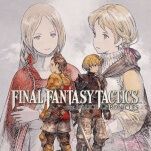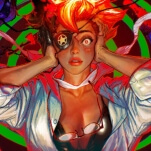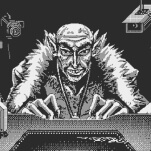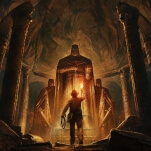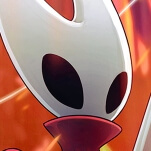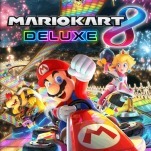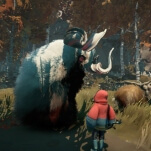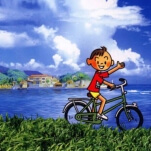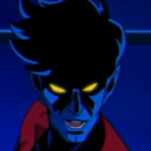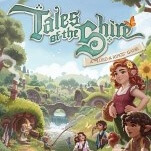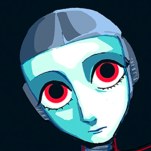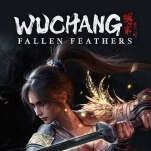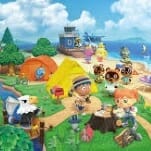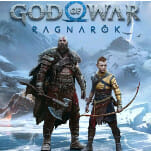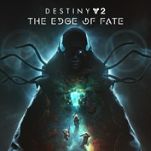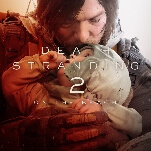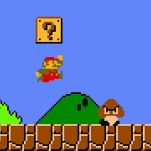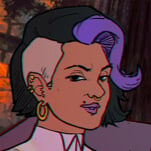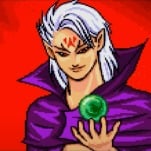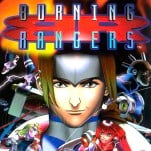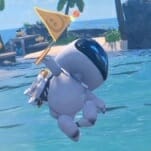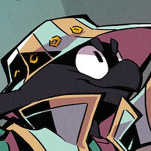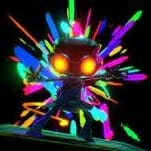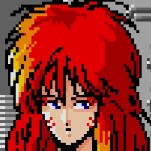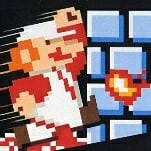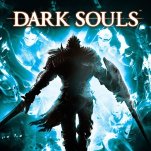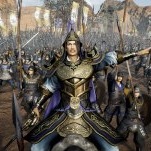5 Totally Real Comic Book Characters Missing From Marvel Vs. Capcom: Infinite
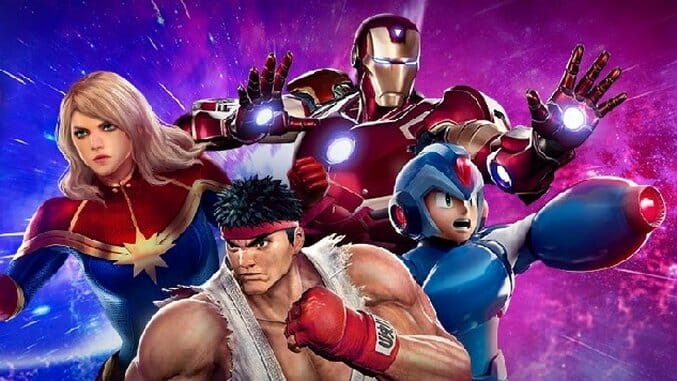
Videogames are the only United Nations we have left. In gaming, widely divergent people meet, brawl it out, and boast about who wins. Fighting games in particular receive better funding and are arguably far more effective than any international organization of the last seventy years. Unlike FIFA, fighting games have not installed the World Cub in Dubai, at least not in the last twenty-four hours. In the dazzling light of the 21st century, all the most crucial decisions of moral goodness are weighed by fighting games, and those players who win arguably deserve to win in the eye of heaven—now, and forever. Indeed, fighting games are to our era what child-purgatory was to our great-great-great grandparents: a fun idea to think about during the long winter nights of dog-hunt.
No fighting game is a purer, more freebased version of today’s hot new Id than the Marvel vs. Capcom series of games, including the modestly named Marvel vs. Capcom: Infinite. I was bloated with stupid wonder when I discovered that the game was not, in fact, two beings named “Marvel” and “Capcom” wrestling naked, but that those terms were catch-all nouns for two different universes of incredible fictional characters.
Marvel vs. Capcom: Infinite is about jamming buttons, which is most of white-collar life today anyway, so they’ve got the market cornered there. What’s troubling about MCI—so troubling that it controls my eating behaviors, most days—is just who has been shunted out of the Capcom and Marvel character lineup. There is a hideous overlooking, friends.
Long-time megafans of the Capcom/Marvel bloodsport will remember that the last installment included over 65,000 playable characters, including you and most of your extended family. Those of us who wanted to beat our closest genetic relatives to death could live out that fanfiction in the heated, sweat-walled splendor of our own very private parlors, or, as I call my own, the “thinkwomb.” By modest astronomical calculations, according to the dying Hubble Telescope, the newest Capcom/Marvel game will present 1.4 million playable fighter, roughly the total number of relics of the True Cross now available on the open market. But in this nauseating abundance, where are America’s favorite sequential victims, the X-Men? They have been seen nowhere and missed everywhere.
Of course, I realize that not every character can be captured through the magic of enforced coding at software prisons. Whatever’s calling itself God these days would hardly allow that. But as I crawl into my dotage, I don’t think it’s too much to ask that I have Wolverine delivered into my palpitating, flesh-covered hands at regular intervals. And yet Capcom refuses this slight boon to me.
Time for real talk: let me up-front here about what upsets me. In reality, there will always be X-Men in some game, somewhere. The X-Men are in exactly zero danger of being Memento’d by gamers. As Stan Lee will (probably) eventually say, I’m done pretending to care about mutants who aren’t real enough to even give me a fulfilling leg massage.
Who I want to focus on today are the real victims, those big-deal comics characters that have been slanderously forgotten by the game-makers—those choice protagonists who are being fed into the threshing-mill of cultural amnesia. Here, then, are the key figures who have been left out of the Capcom/Marvel hit-fests, but not left out of my sizable, possibly dangerously-engorged man-heart. Remember, every single one of these characters actually existed, and were not made up by me in the last half-hour.
Crushblazer
It’s a sad state of affairs when we have to speak about the character who won so many hearts during the ‘80s, especially during the crucial Orphan Bone run that first lifted mellow Frank Miller into galactic celebrity. Crushblazer, the first sinner to appear on a comics page, was hardly a gem, even in the eyes of his creators, who referred to him as “ATM” and “The source of whatever I gives to the taxman.” If you’re like me, you’ve been to a lot of conventions where luckless first-timers dress up in Crushblazer’s signature look: a naked man, covered in coupons and a debate-club-tier sports jacket. His origin story is a thing of legend, or was, at least in the chat rooms I used to frequent back in 1982: a character who did nothing but couponing, until it led to tragedy—his girlfriend stampeded by a gang of Black Friday shoppers. Keep in mind this was provocative and relevant at the time, much as jazz was. This origin scene led to the gentleman in question’s phrase, “Every day is Black Friday!” Which was later supplanted by another phrase, “Tanks for the memories!” Given that this character never drove a tank, it hardly made sense. But friends, when has love ever spoken to reason, except with a forked tongue?
Wow, MCI, way to forget history.
Million-Spoons
Million-Spoons was an idea before its time. Lots of indie comics had handled the question of “Will my life be sadder with more, or less, cutlery?” But Million-spoons was by far the edgiest, most leetingest take on the essential cutlery question.
I know, I know: you all know the story of Million-Spoons by heart. But for the kids and felons who have never heard the tale before: imagine this kid inherits all this money, right? Sure, we’ve all had that dream before: get cash, make a war on crime. Well, this kid decided to do what no character had ever done before: buy, and raise, a million spoons.
That was the concept, and for twenty years, 1930-1950, audiences were satisfied. But as mass literacy became trendy, stories about a child with a million untalking, unconscious, lifeless spoons didn’t cut it in Joe McCarthy’s wild free America. One by one, the team of writers and artists who came on to the strip—and were worn out by it—gave each spoon a life, love interest and personality. Sixty years of Americans allowed TV to raise their children as they obsessively, almost addictively read generations of spoons flirt, marry, produce new offspring, and fall into disrepair. What had once begun as the larf of a comics creator became a sweeping, epic drama, like the sex life of Steve Urkel in the ‘90s drama Family Matters. And yet to this day, Marvel Comics doesn’t feel obliged to include one talking spoon from the Million-spoons line in their fighting game.
-

-

-

-

-

-

-

-

-

-

-

-

-

-

-

-

-

-

-

-

-

-

-

-

-

-

-

-

-

-

-

-

-

-

-

-

-

-

-

-


